Web3 and artificial intelligence: How AI is transforming crypto projects
The conjoining of Web3 and AI has been parlayed into intelligent, decentralized solutions across various industries. Web3 makes already existing users efficient through a decentralized platform, digitally enabled cryptocurrencies, and transparency in ownership. On the other side, AI has no match in automating processes, making decisions, and analyzing data. Together, these technologies are shaping a seamless, transparent, and intelligent digital ecosystem.
This article will explore how AI can be put into operation within a Web3 and crypto project, illustrating examples from AI-enhanced smart contracts to data analytics and even locking up critical security mechanisms. We'll also cover pros and challenges for using AIs within a decentralized environment, pointing at several use cases that already saw the light of day.
The Role of AI in Web3
Web3 represents the next generation of online services that are decentralized, blockchain-based, and with much deeper user sovereignty over data and content. It's all fundamentally about empowerment: putting the power in the users' hands, giving them full ownership of their digital assets, and monetizing those assets.
The use of AI holds immense potential for making Web3 platforms much more maintainable, functional, and even secure than most decentralized system models. Large data processing in quick time and coming up with real-time decisions add an intelligence layer over blockchain frameworks.
- Dynamic Smart Contracts: AI can automate their execution and optimization—essentially making smart contracts adaptive based on real-time data, rather than static conditions. This creates a far more effective and responsive method across decentralized ecosystems.
- Data Insights: AI differentiates in terms of the levels of meaningful insights extracted from blockchain networks that generate vast volumes of data. It does its part in enhancing the consensus mechanisms and overall blockchain performance by analyzing both on-chain and off-chain data.
- Security Improvement: AI would greatly help in identifying suspicious activities in the decentralized systems. In most cases, with no central authority to oversee the security of a system, AI plays an important role in trusting and ensuring integrity.
Key Applications of AI in Crypto Projects
Let's take a look at some concrete ways in which AI can serve your crypto projects:
Data Analytics
AI excels in handling big data in fractions of a second and thus becomes a very important helper for the analytics of blockchain transaction data. This improves decision-making by outlining irregularities and points to possible security breaches. While blockchain networks grow, decentralized AI will be able to process extreme volumes of data without compromising system integrity.
Moreover, AI-generated insights can also improve user experiences with personalized services and recommendations, based on on-chain behaviors—for example, NFT offerings, or even recommendations for dApps.
Security Improvements
AI strengthens the security framework for Web3 by pre-locating potential threats and nullifying them even before they are manifested. For example, it can detect uncommon patterns within transactions that signal fraudulent activities, such as wash trading or bot attacks on Web3-based decentralized exchanges.
Besides, AI enhances the zero-knowledge proof essential to confirm transactions without necessarily breaching users' privacy. This makes the blockchain setting secure and private.
AI can also automate compliance and regulatory monitoring, therefore enabling enterprises to keep pace with the ever-changing legal landscapes in crypto. Monitoring and analyzing the legal requirements using AI can also help in the detection of non-compliances and suspicious activities for reduced legal risk.
AI-Enhanced Smart Contracts
AI can innovate smart contracts to the extent that the latter change right in real-time, given new information or external factors. In the field of decentralized finance, AI might monitor market conditions and modify either the lending rates or collateral requirements.
AI can further help in optimizing transaction efficiency by predicting historical patterns of congestions in the network. More importantly, it can help settle disputes with its advanced language modeling ability to interpret the intent of contracts.
AI-Driven Customer Support
Another practical implementation of AI is AI-enabled customer support and user engagement. This could be enabled through chatbots and virtual assistants for timely personalized support. Such utilities can handle queries on many issues, whether related to the usage of decentralized platforms or about fixing some technical glitch.
AI in NFTs and the Metaverse
AI also makes big strides in the realm of NFTs and the metaverse. AI-generated content can make NFTs dynamic, changing due to user interactions or external data inputs. It thus enables more personalization in environments based on blockchain.
AI further allows the creation of virtual worlds where users can interact with AI-generated characters, or go through AI-enabled experiences, to enhance customization and interaction.
Advantages of AI in Web3 Projects
Now that we have explored some AI applications in Web3, let's go over some of the reasons for incorporating it.
- Efficiency and Automation: AI simplifies the complex processes of verification of identities and handling of transactions, among others. Structuring the process of validation with the help of AI reduces human error and accelerates transactions that would enable more conclusions within decentralized finance.
- Personalization: On the subject of personalization, AI can provide contents and recommendations that differ amongst users; thereby, personal experience is included. Analyzing user behavior and preference is one of the ways in which AI can recommend NFTs, DeFi protocols, or dApps to users. This enhances the user's interaction and retention.
- Cost Efficiency: AI is able to cut development costs, especially in regard to computational power. This is achieved by the tokenization of decentralized computing resources, allowing developers to have access to such crucial computational power at considerably lower costs.
Challenges of Unifying AI and Web3
Yet, with much great potential, integrating AI into Web3 does not come without its challenges.
- Data Privacy: Interoperability of big datasets, which are required by AI with the decentralized and privacy-centric nature of blockchain, is something that creates a predicament. While AI needs data in large amounts to enable it to function efficiently, Web3 champions user control over personal data.
- Computational Demand: Training AI models requires high computational power. Although this can be supported by decentralized networks that contribute spare hardware, this is still not sufficient to satisfy performance for complex AI tasks.
- Centralized vs. Decentralized: Most AI models are built upon centralized systems, while Web3's idea is precisely to be completely decentralized. This is one of the biggest challenges in finding ways to use AI within a decentralized structure without compromising either technology's benefits.
Notable AI-Driven Web3 Projects
Several initiatives already utilize AI to further enhance their decentralized functions. Here are some of these:
- GraphLinq: A no-code/low-code platform leveraging blockchain automation to streamline interactions with decentralized technologies. It simplifies blockchain data retrieval and decentralized application interactions using AI-driven automation, enhancing efficiency and usability for both developers and non-developers. Its focus on creating low-code blockchain workflows and AI-powered functionality makes it a unique competitor in the decentralized technology ecosystem.
- Augur: An open-source, decentralized prediction market platform using AI to make better forecasting by analyzing large data-sets. It sustains competitive advantage through decision enhancement in predicting real-world events.
- The Ocean Protocol: Concerned with decentralized data sharing, using AI in allowing safe and seamless facilitating of data exchanges that will allow businesses and people to monetize data assets without compromising privacy.
- Fetch.ai: The intersection of blockchain and AI allows the creation of autonomous economic agents that will carry out tasks from collecting data to supply chain management, without the involvement of any human agency. This is made possible by the machine learning feature developed at Fetch.ai, which, with independent agency, allows agents to act autonomously in dynamic decentralized environments.
Future Directions for AI and Web3
With AI and Web3 technologies continuously improving, integrations will only go deeper. Future integrations may include the following:
- AI-Optimized Governance: AI would be applied in the next generation of DAOs, enhancing governance by doing more impactful analyses of voting patterns and community sentiment to ensure that decision-making is dynamic and transparent.
- NLP: With NLP integrated into user interfaces, the interaction with decentralized applications will be more intuitive, thus leaving Web3 platforms more user-friendly for a wide audience.
- Innovations along the Supply Chain: AI-driven supply chain management integrated with decentralized platforms has the potential to make tracking and verification processes across the chain more efficient, hence revolutionizing operations.
Conclusion
The amalgamation of AI and Web3 is no different—a revolution in the way businesses are carried out in a decentralized regime. Starting with smart contracts intelligently designed by AI, advancement in data analytics, or a range of security features, the options are endless for innovation on these technologies. However, challenges still arise professing data privacy, high computer demands, and needing decentralized solutions.The future of AI and Web3 is bright, with much promise for the changing face of technologies that will make digital interactions comfortable in creating top-notch, AI-generated content, advanced in management, and friendly in interfaces. It gives a unique chance for developers and innovators to explore this junction, pushing the boundaries of what is possible within the digital landscape.


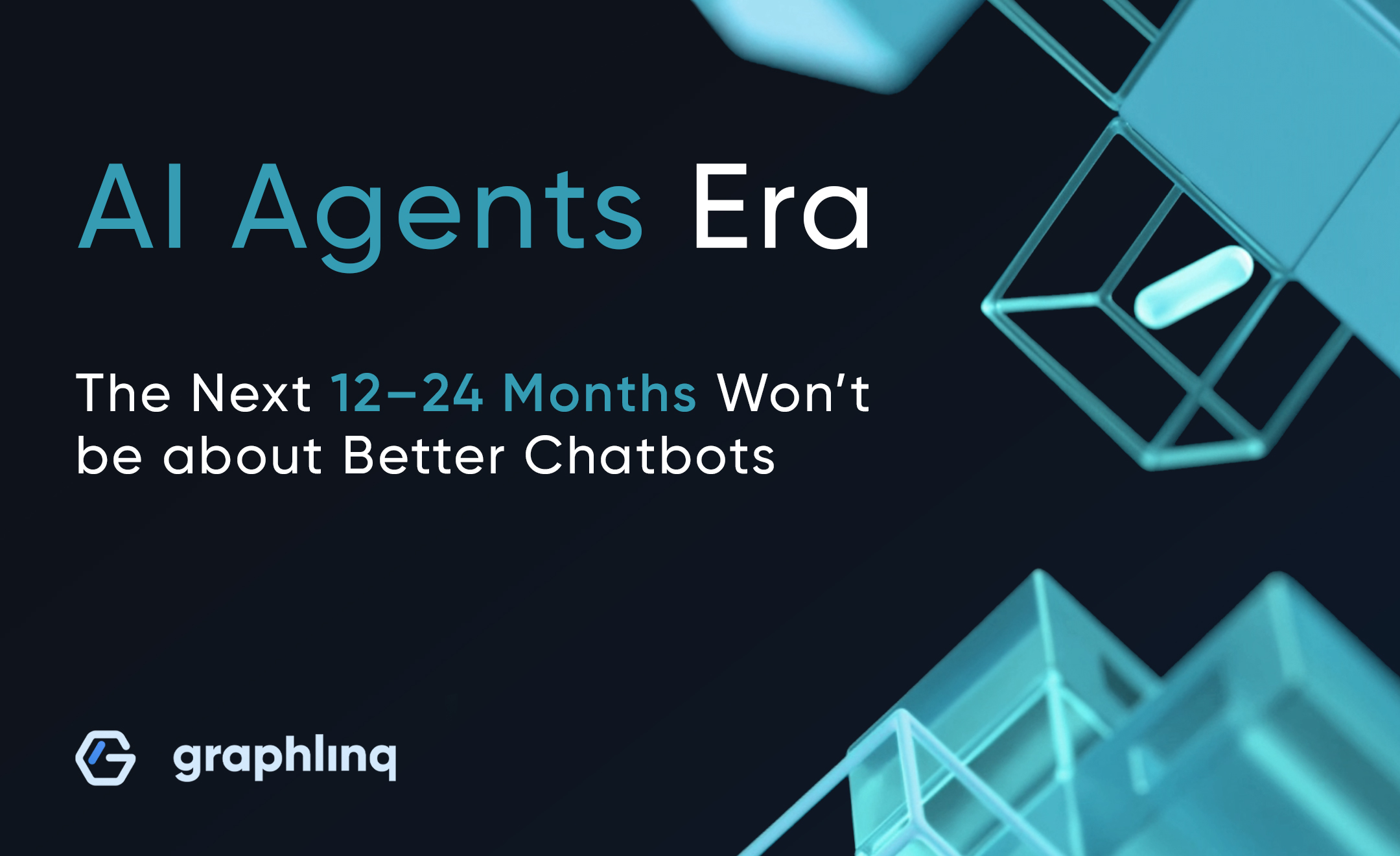
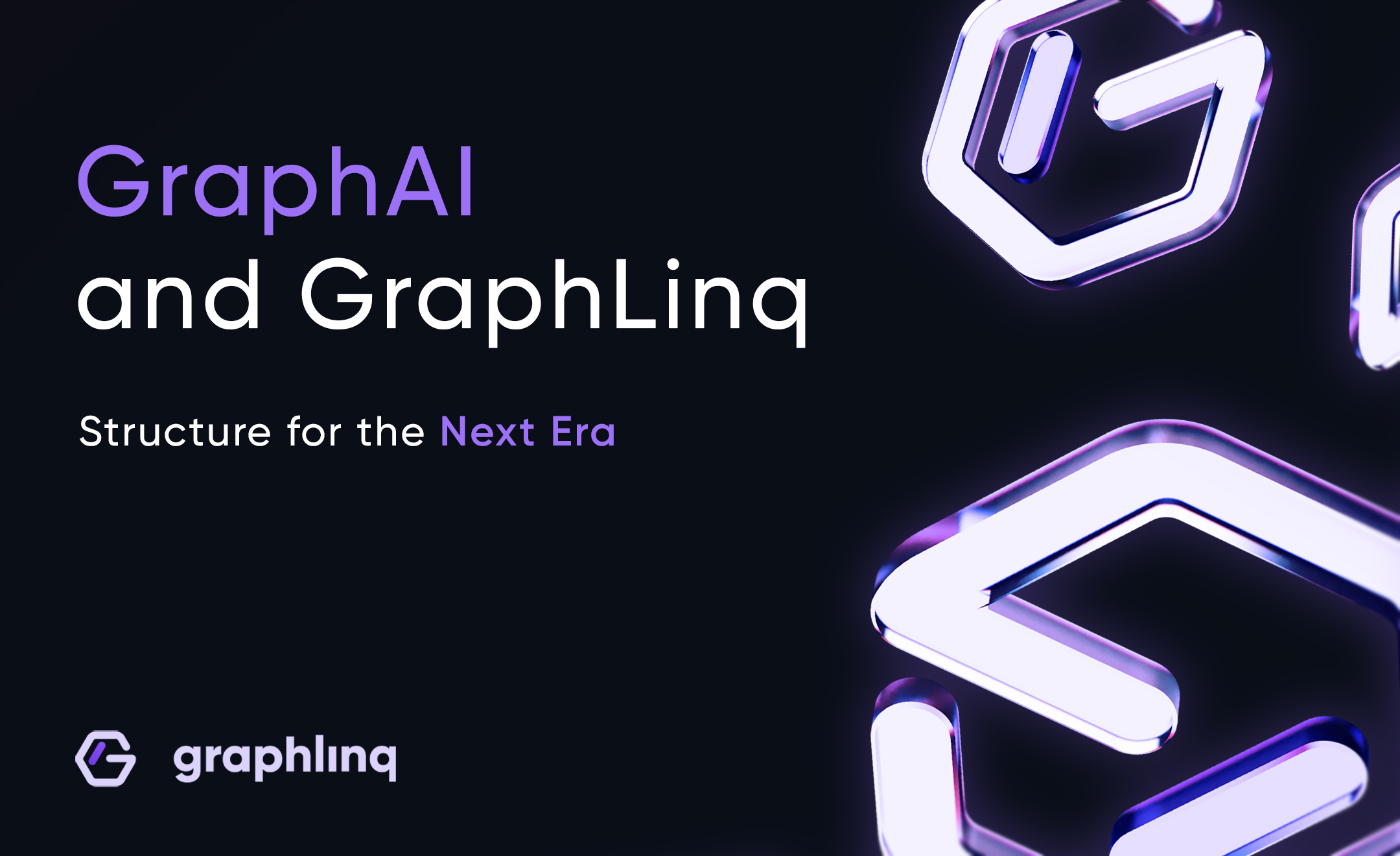
.jpg)
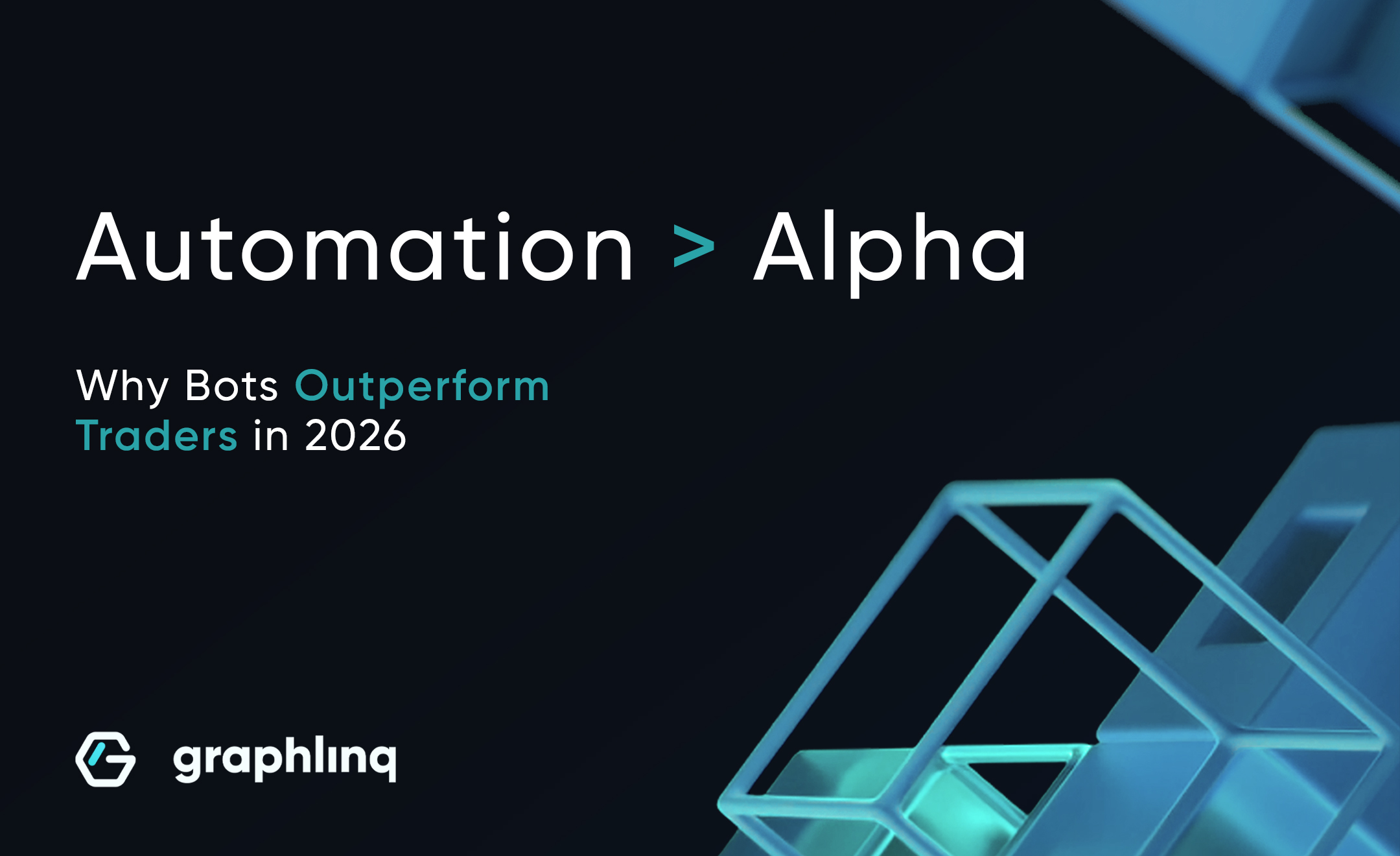
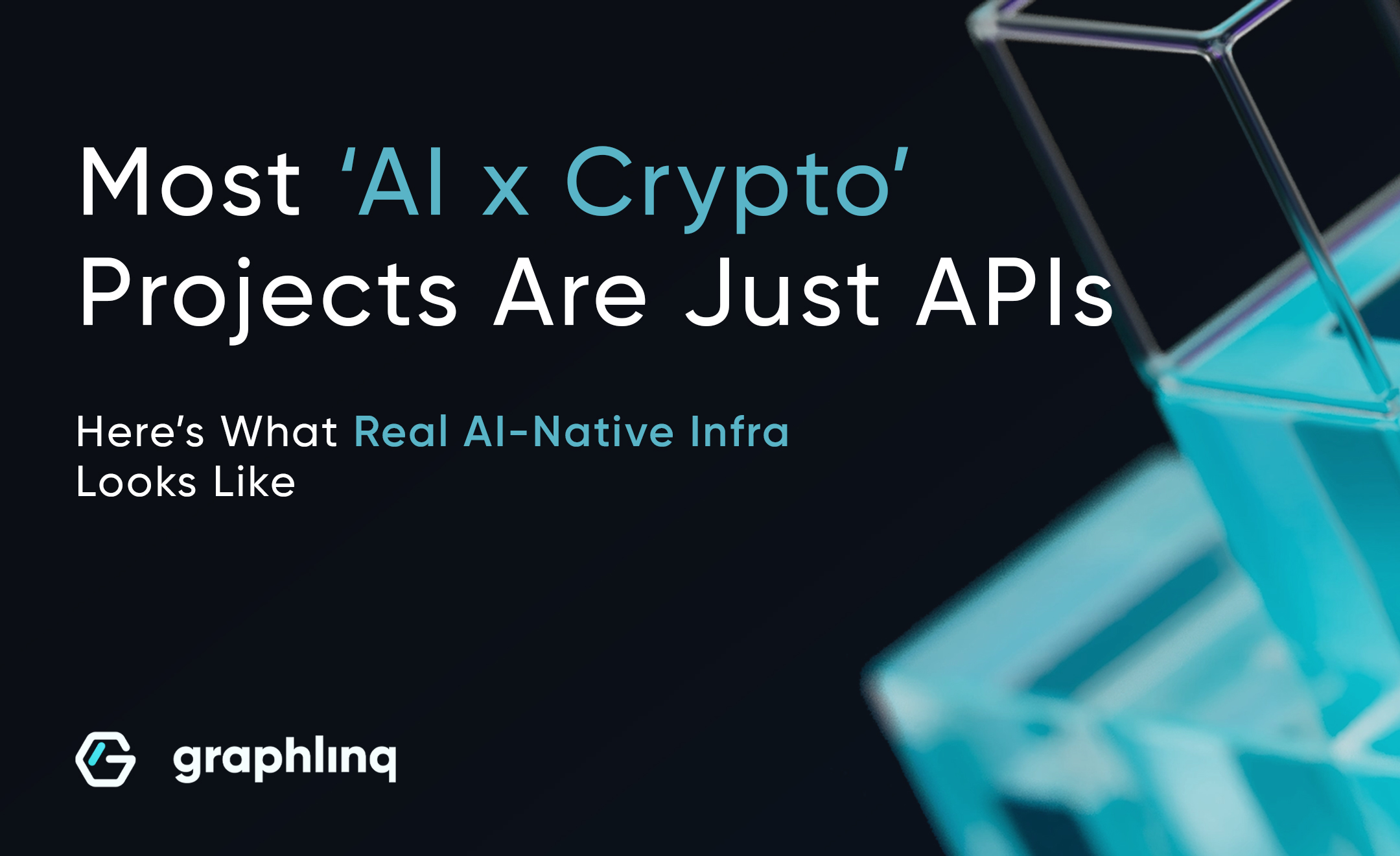
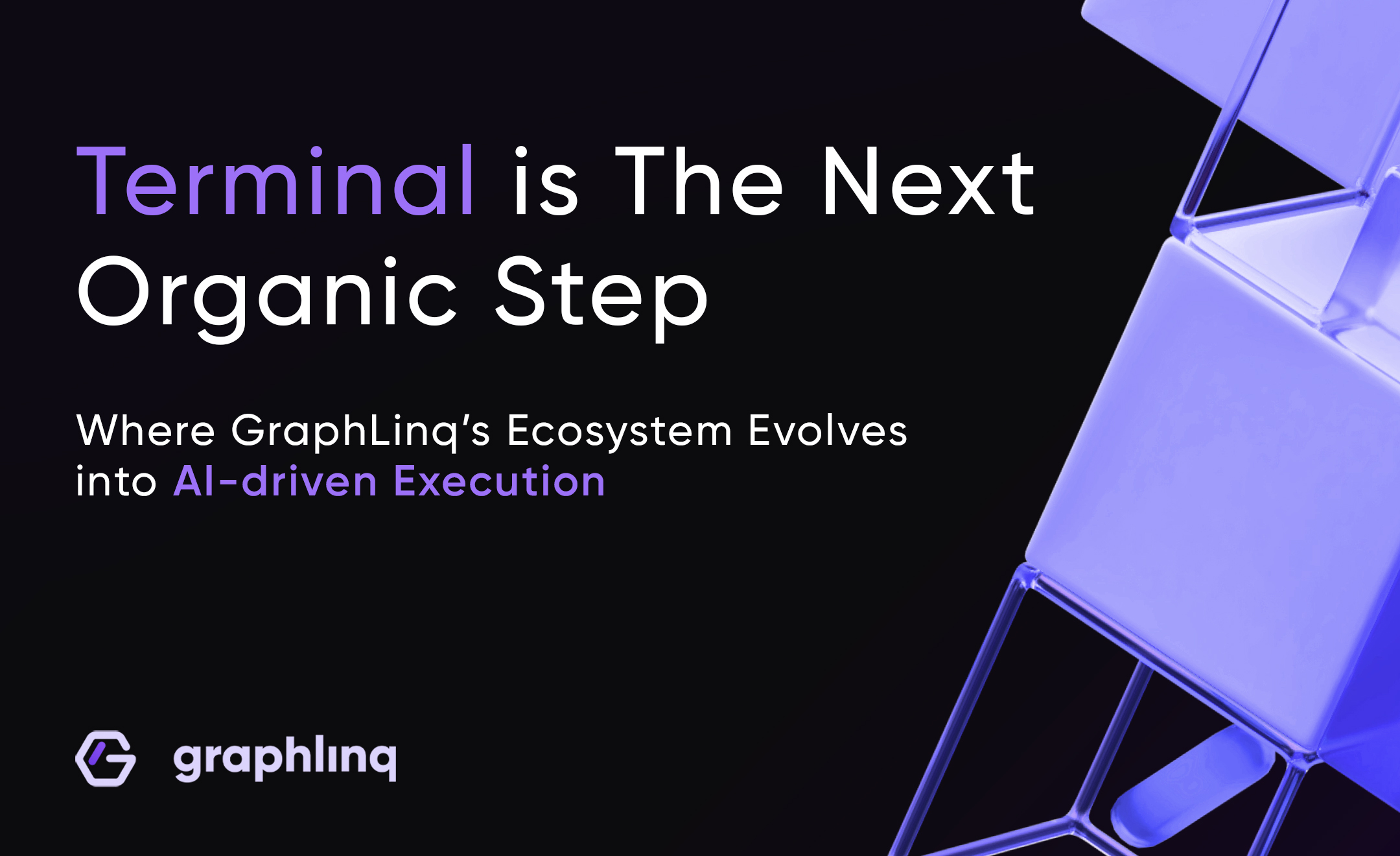
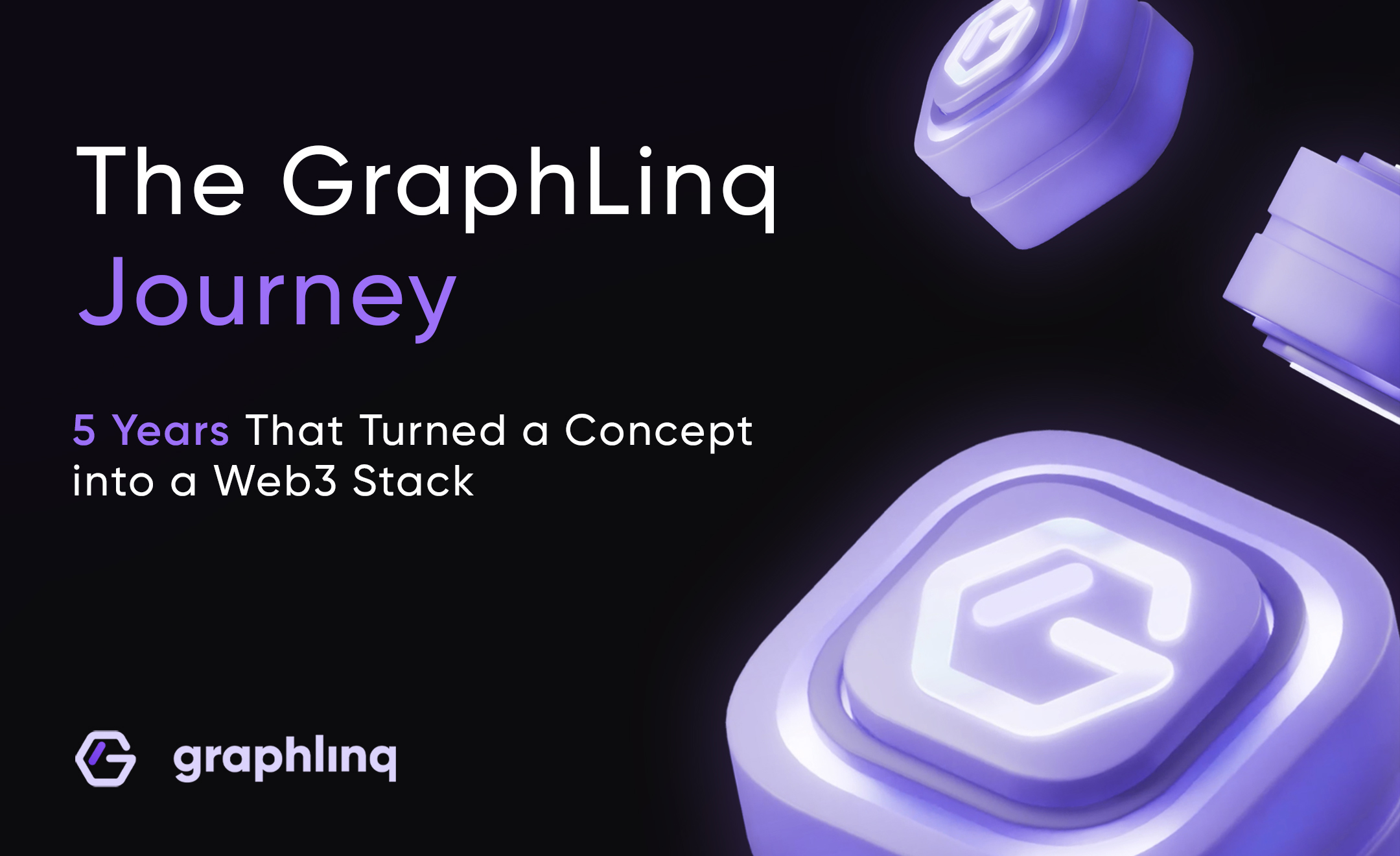
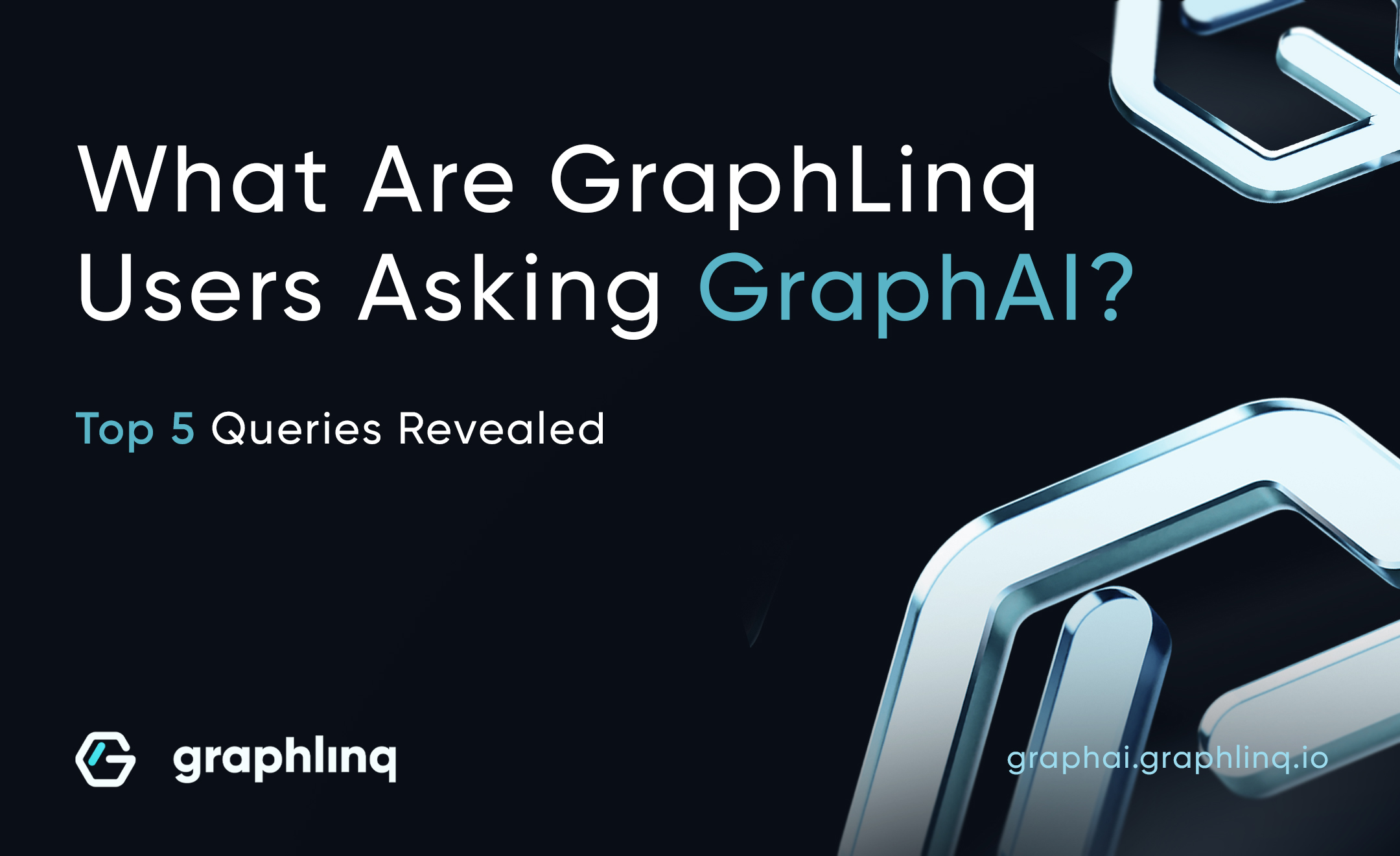
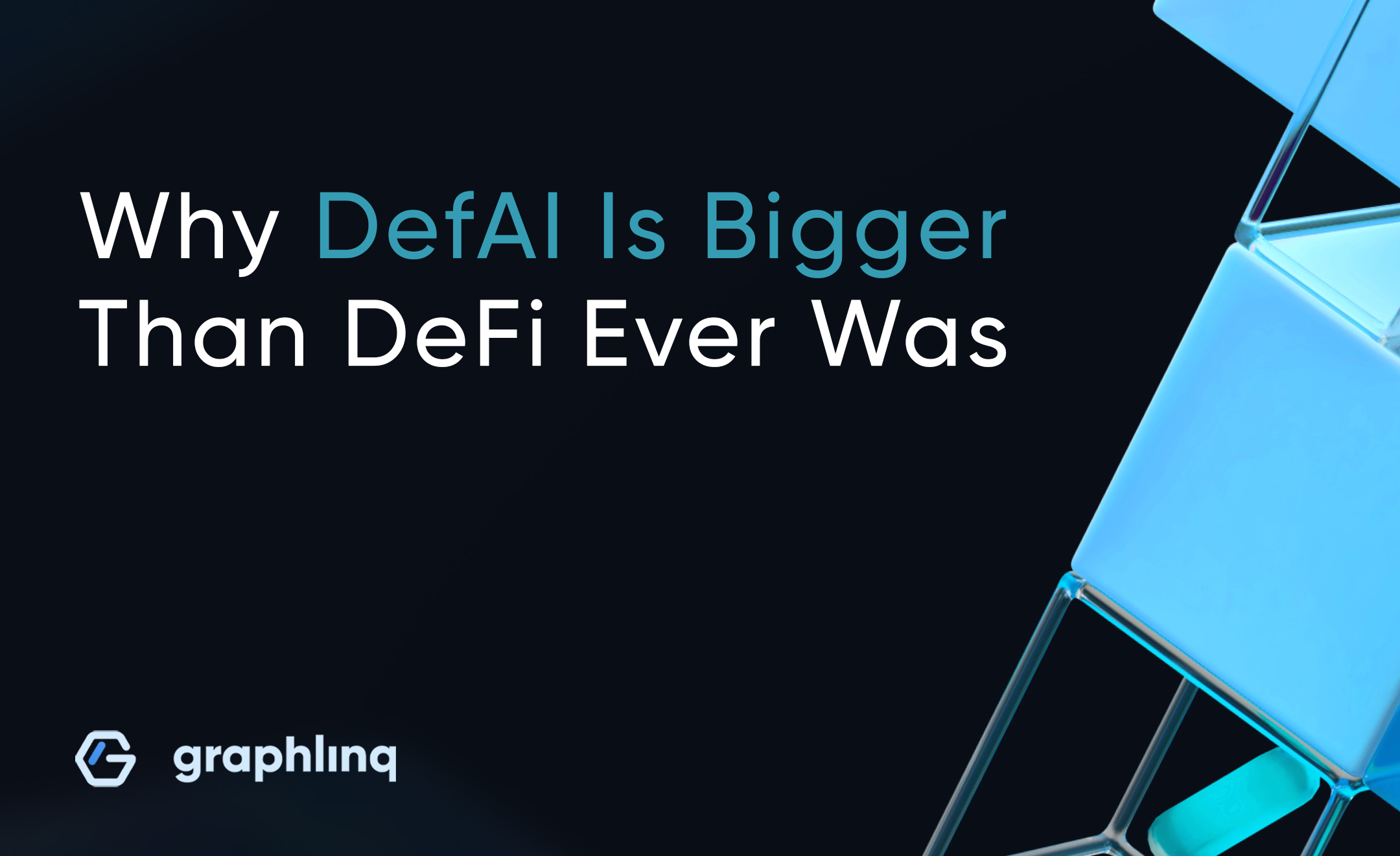

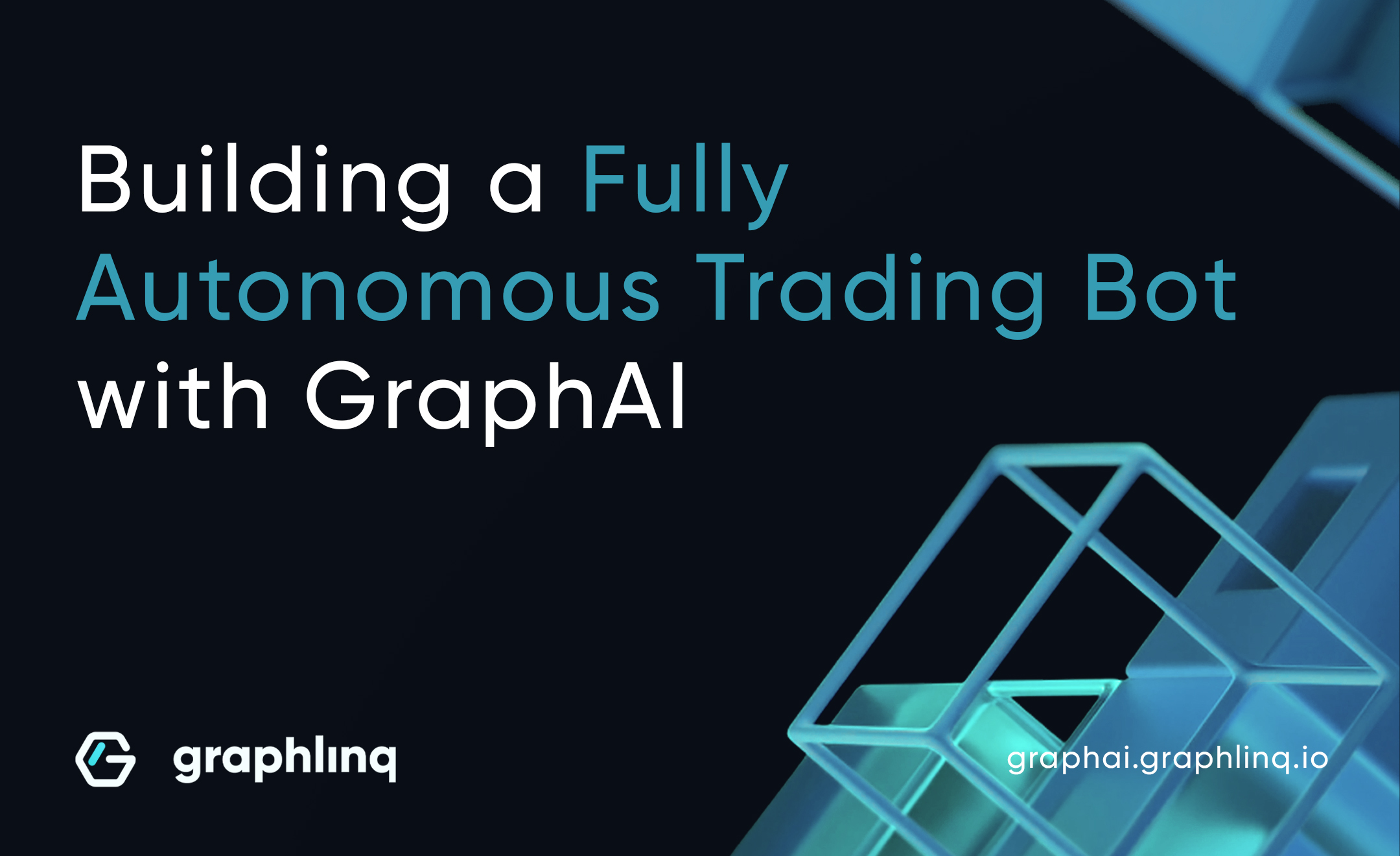
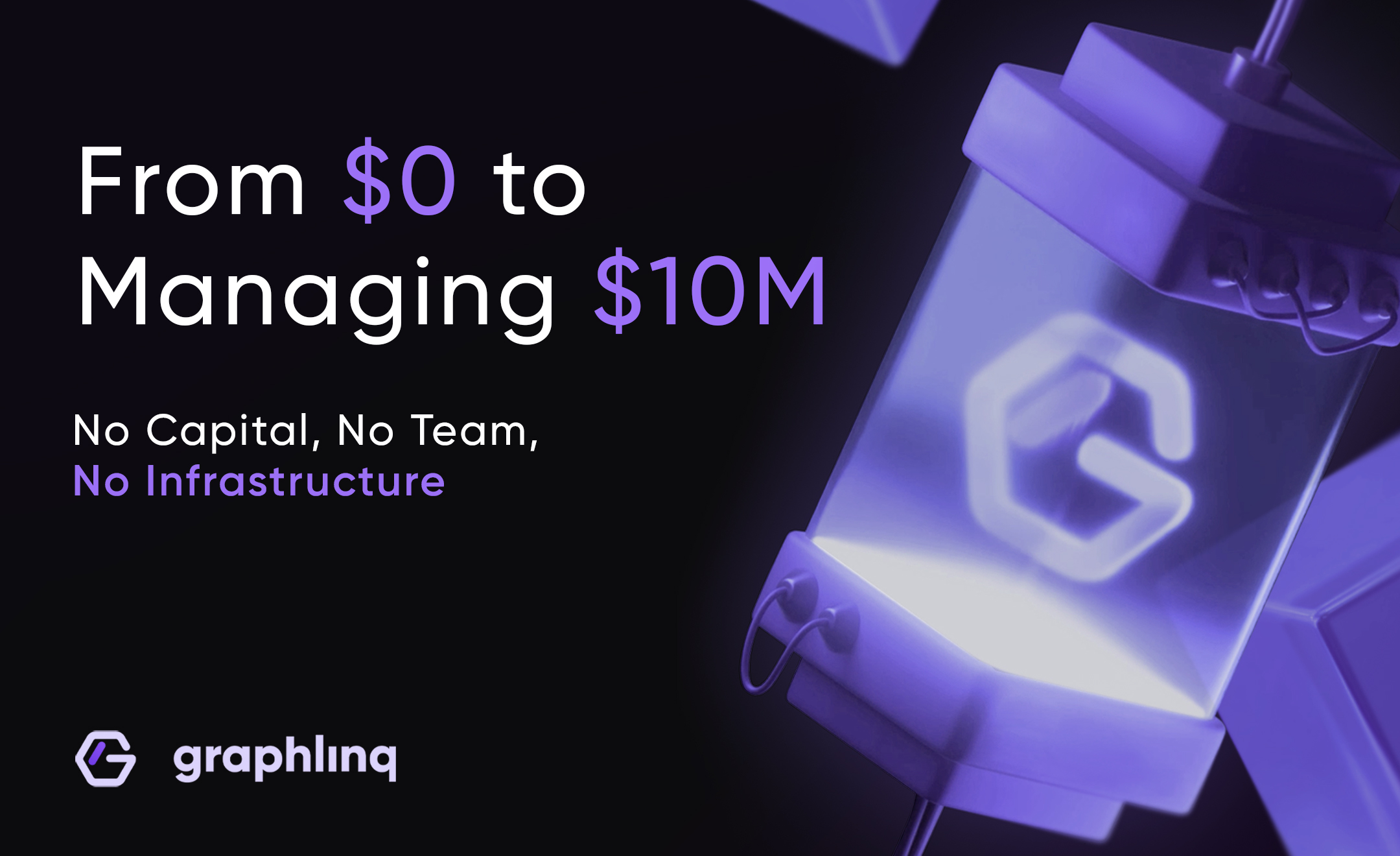
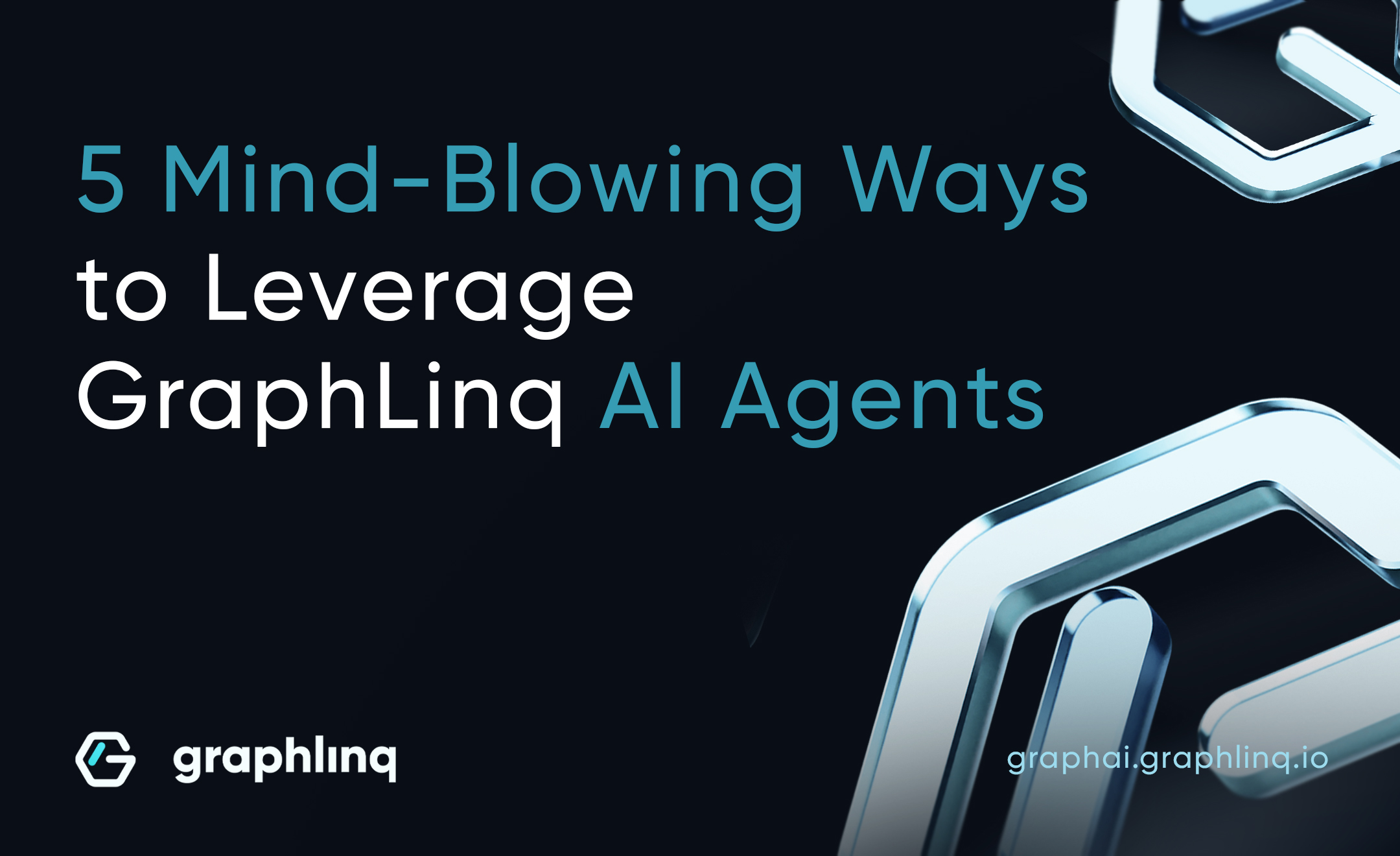
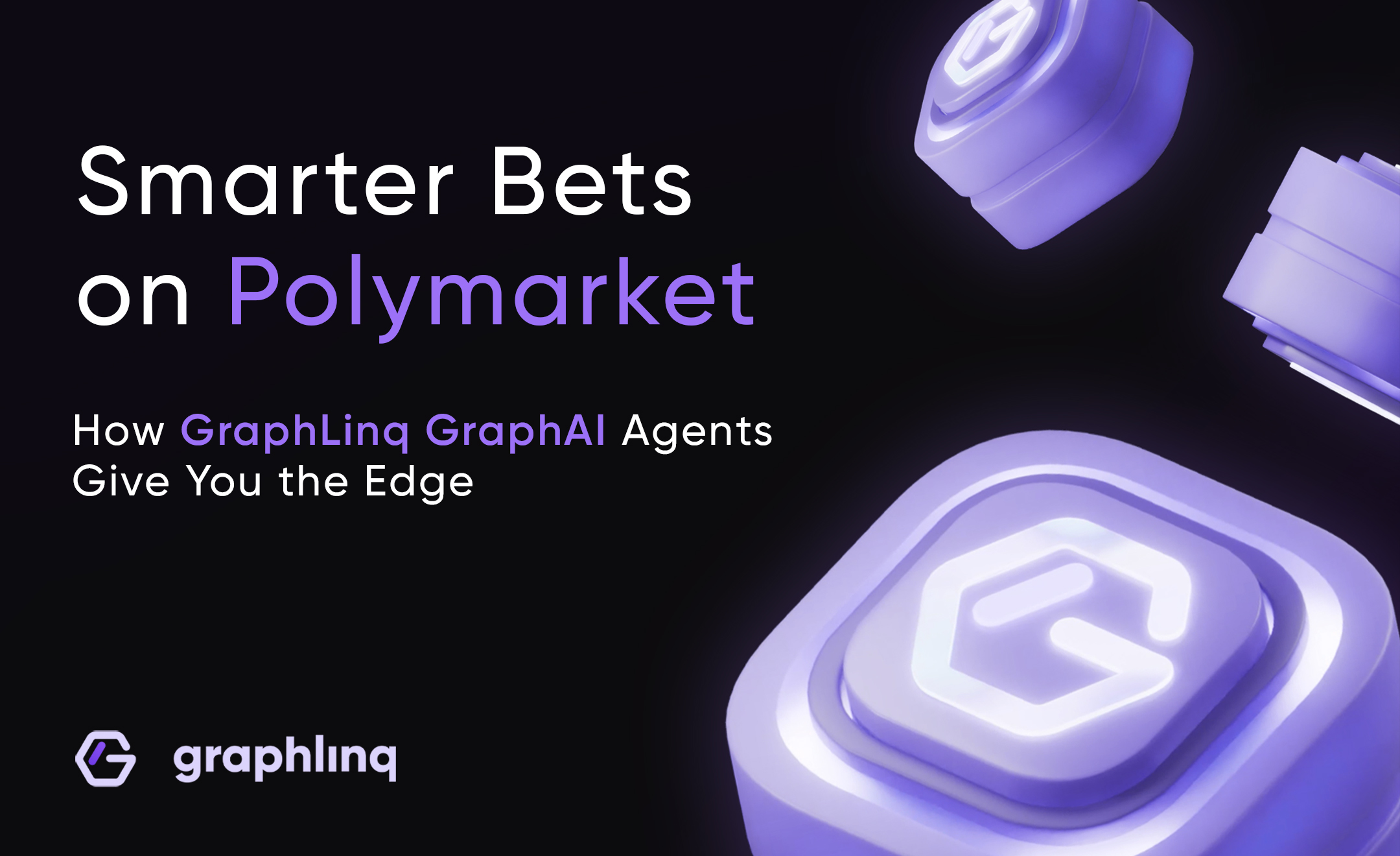
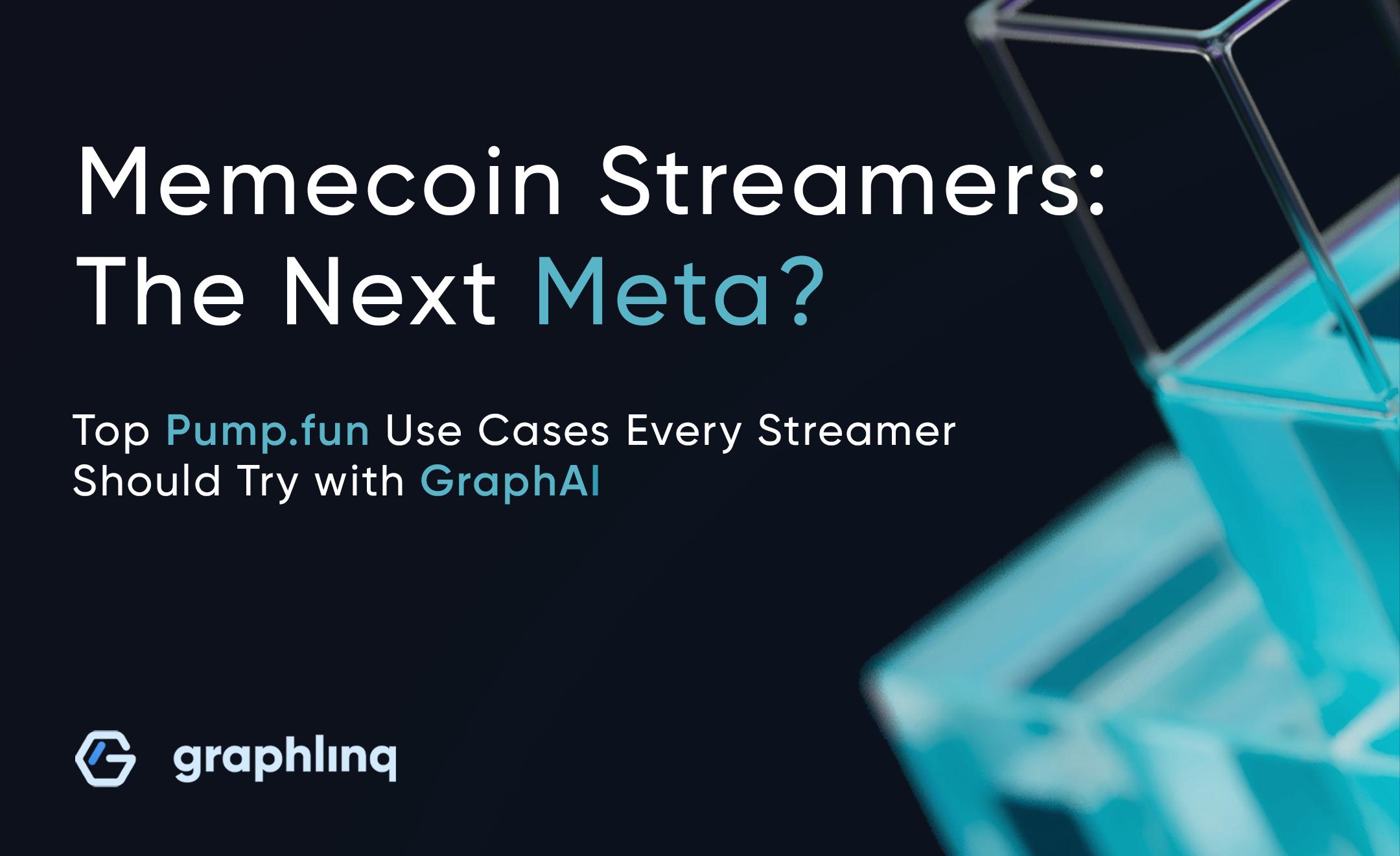
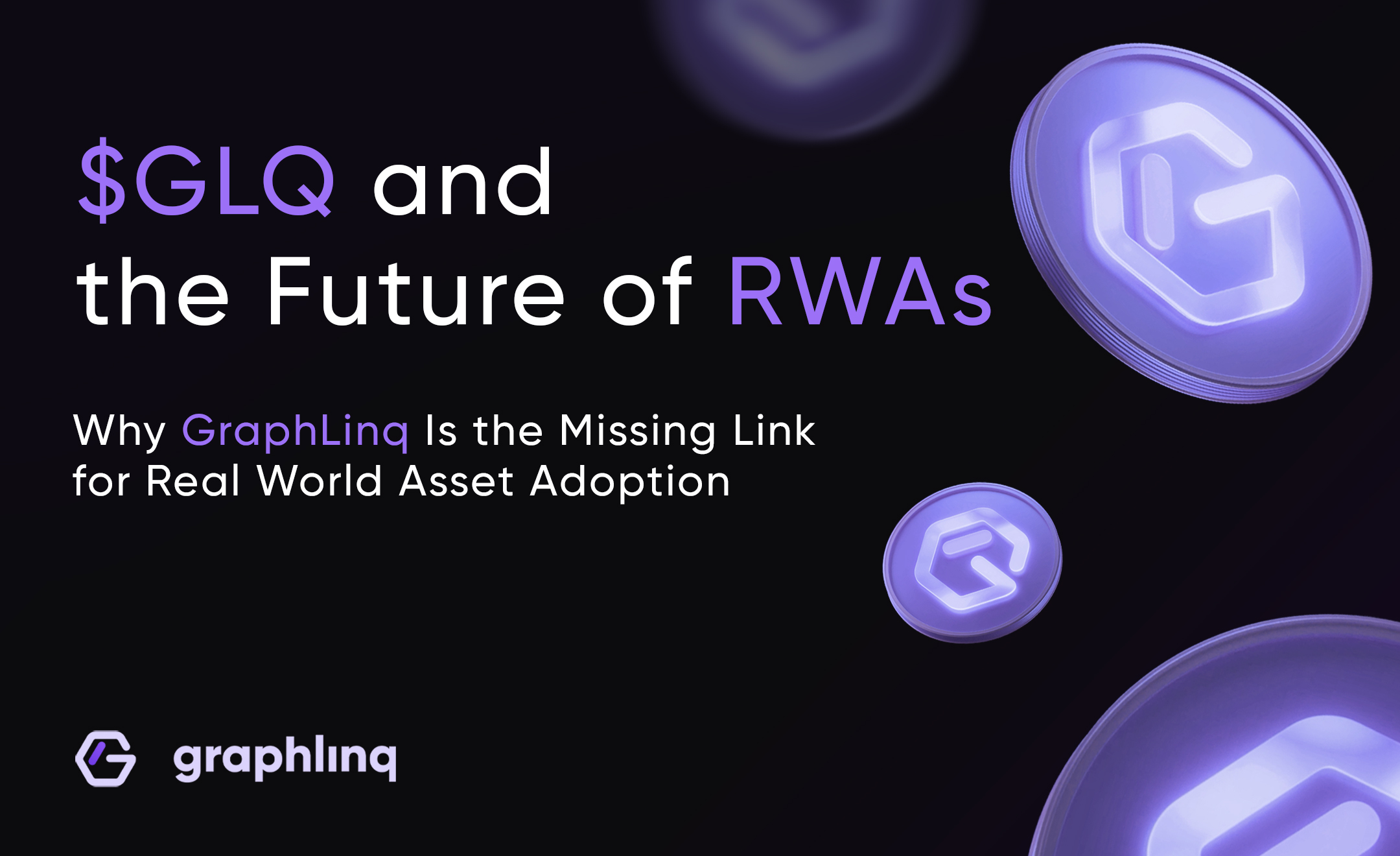
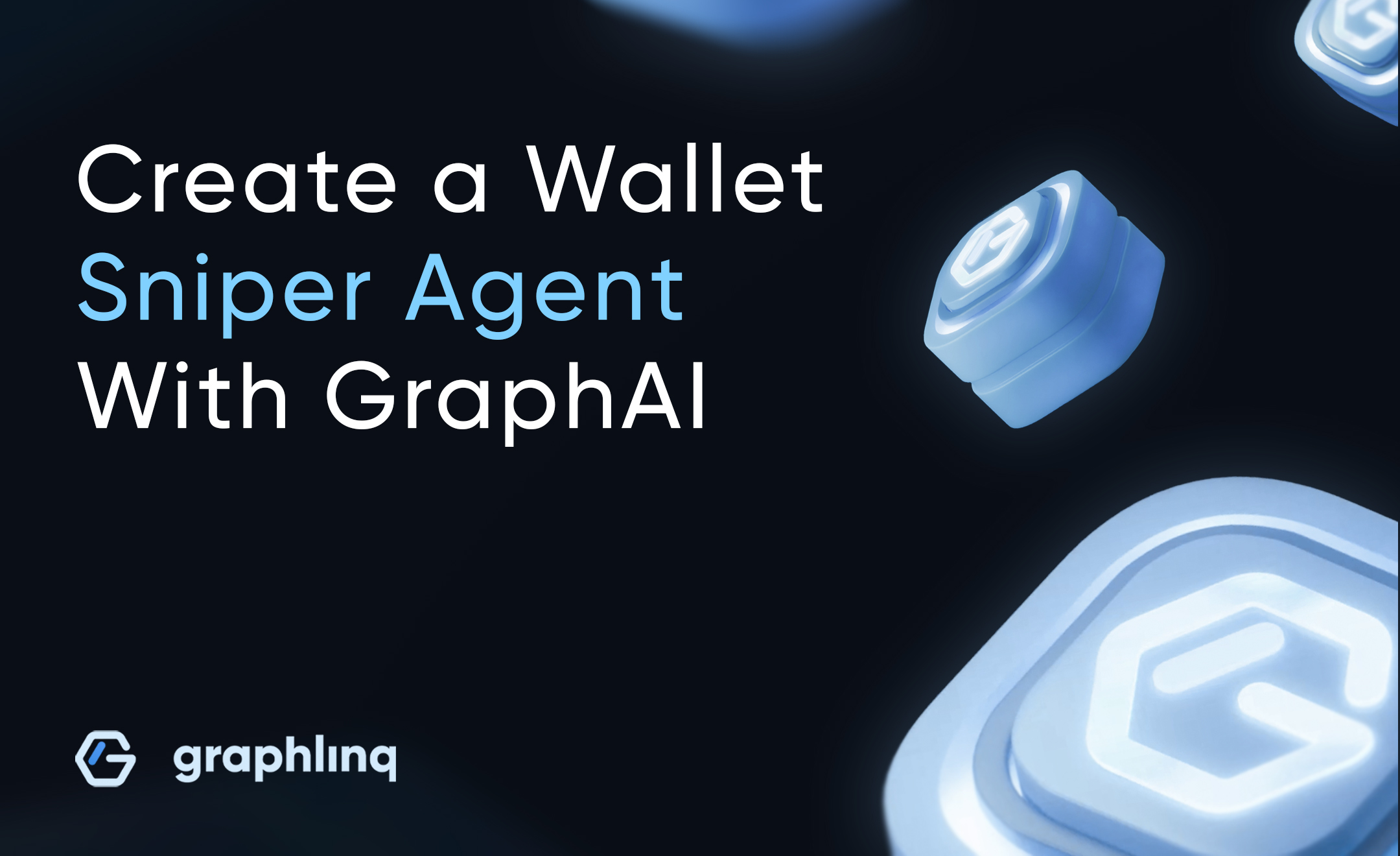

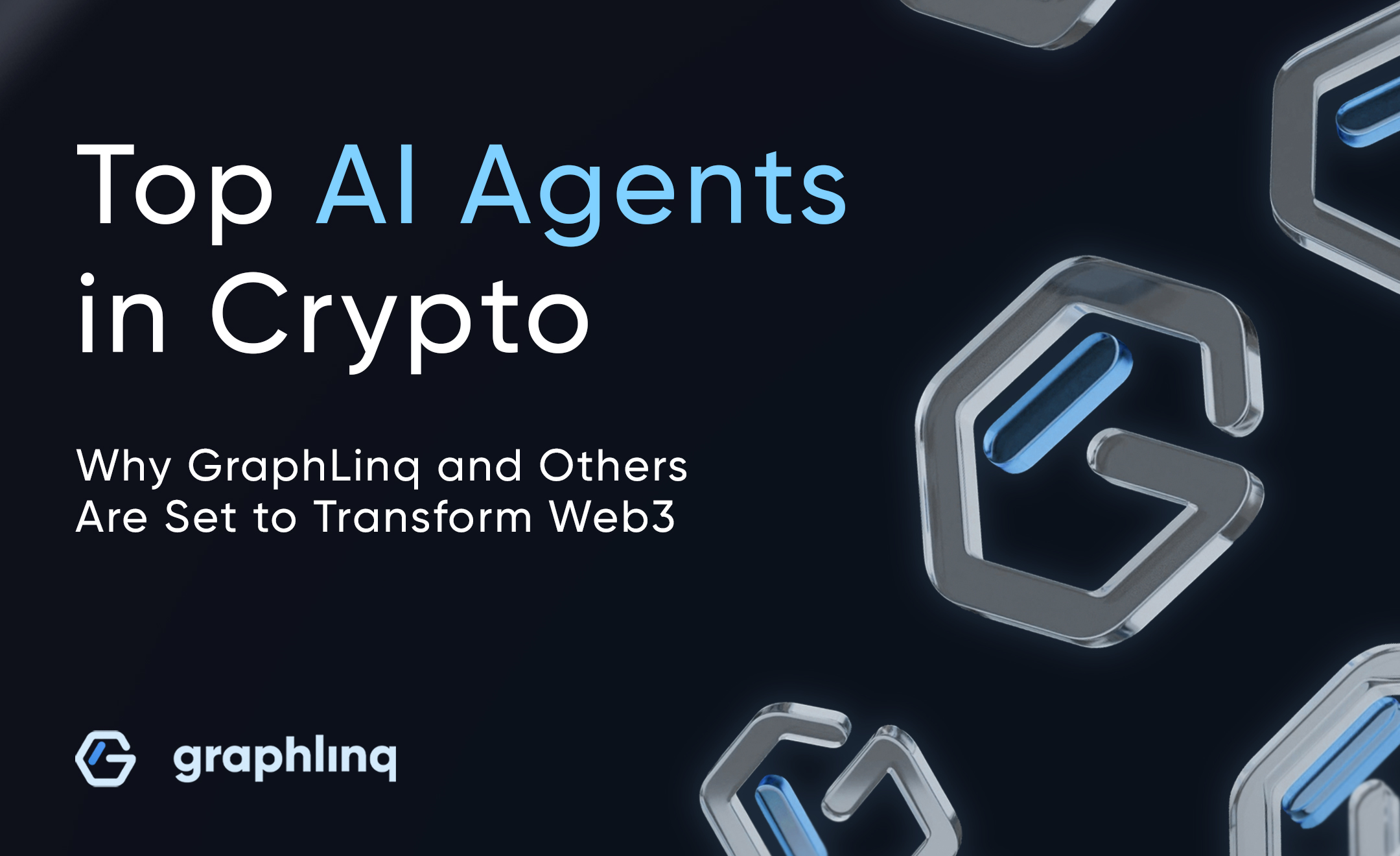
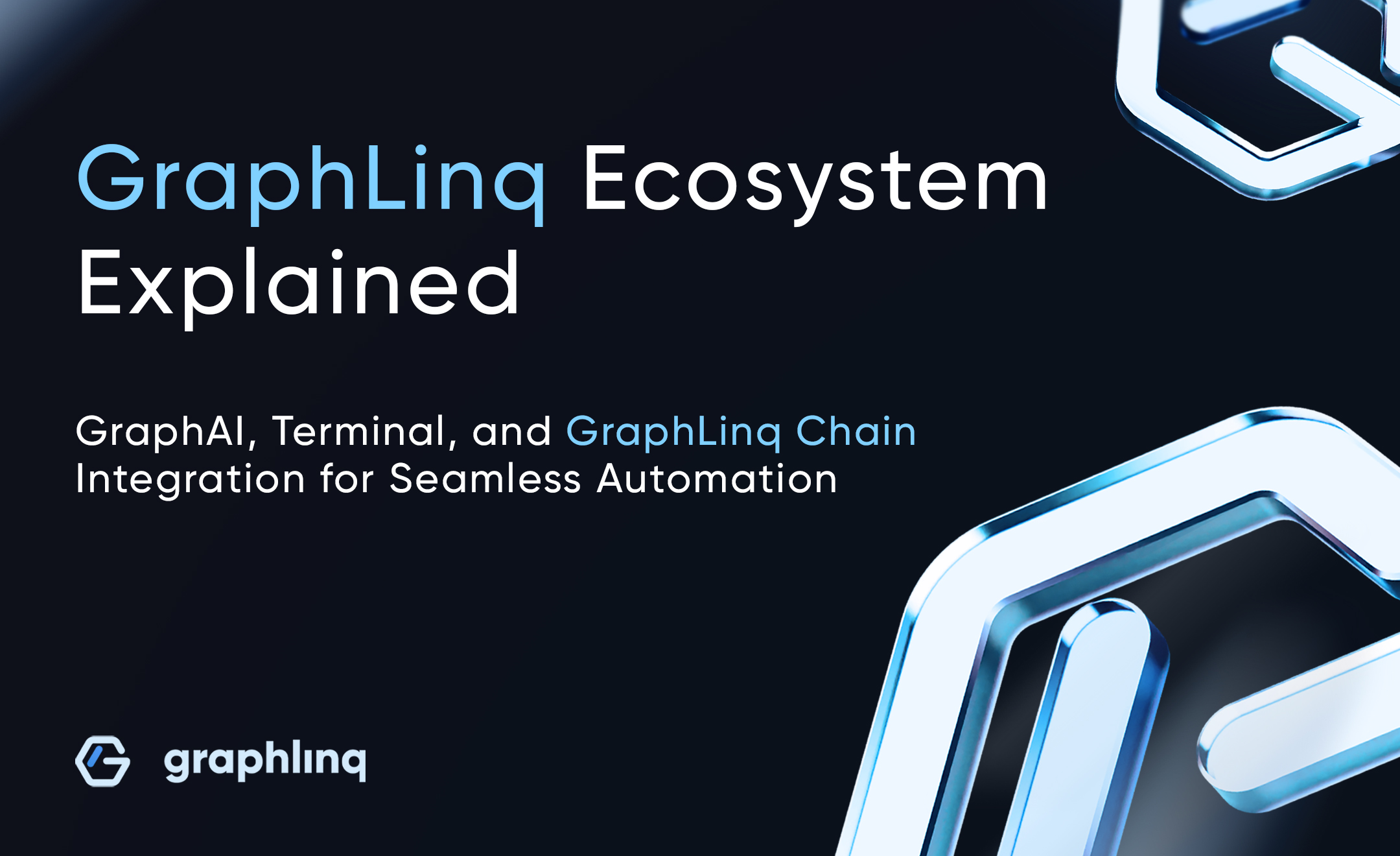
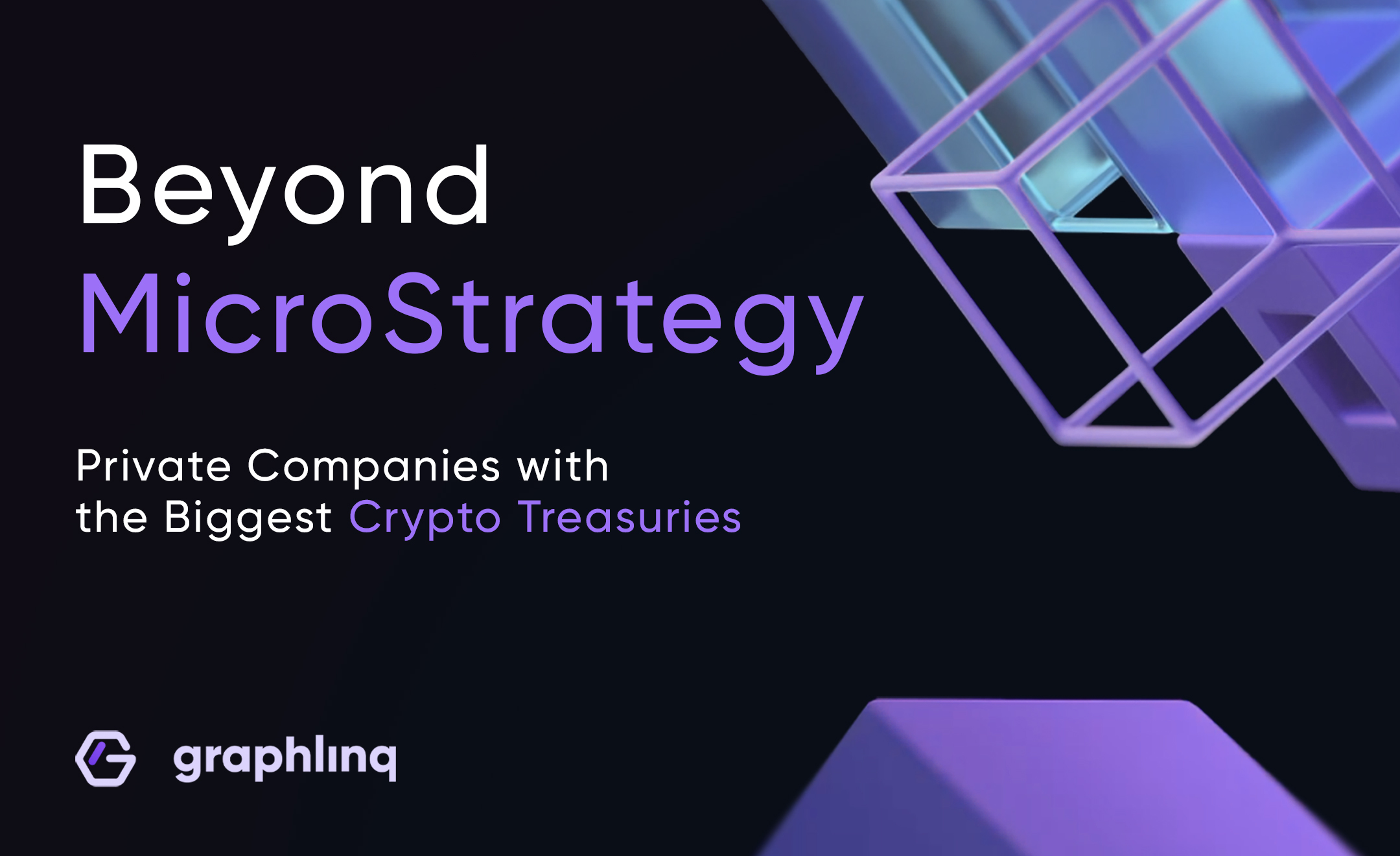
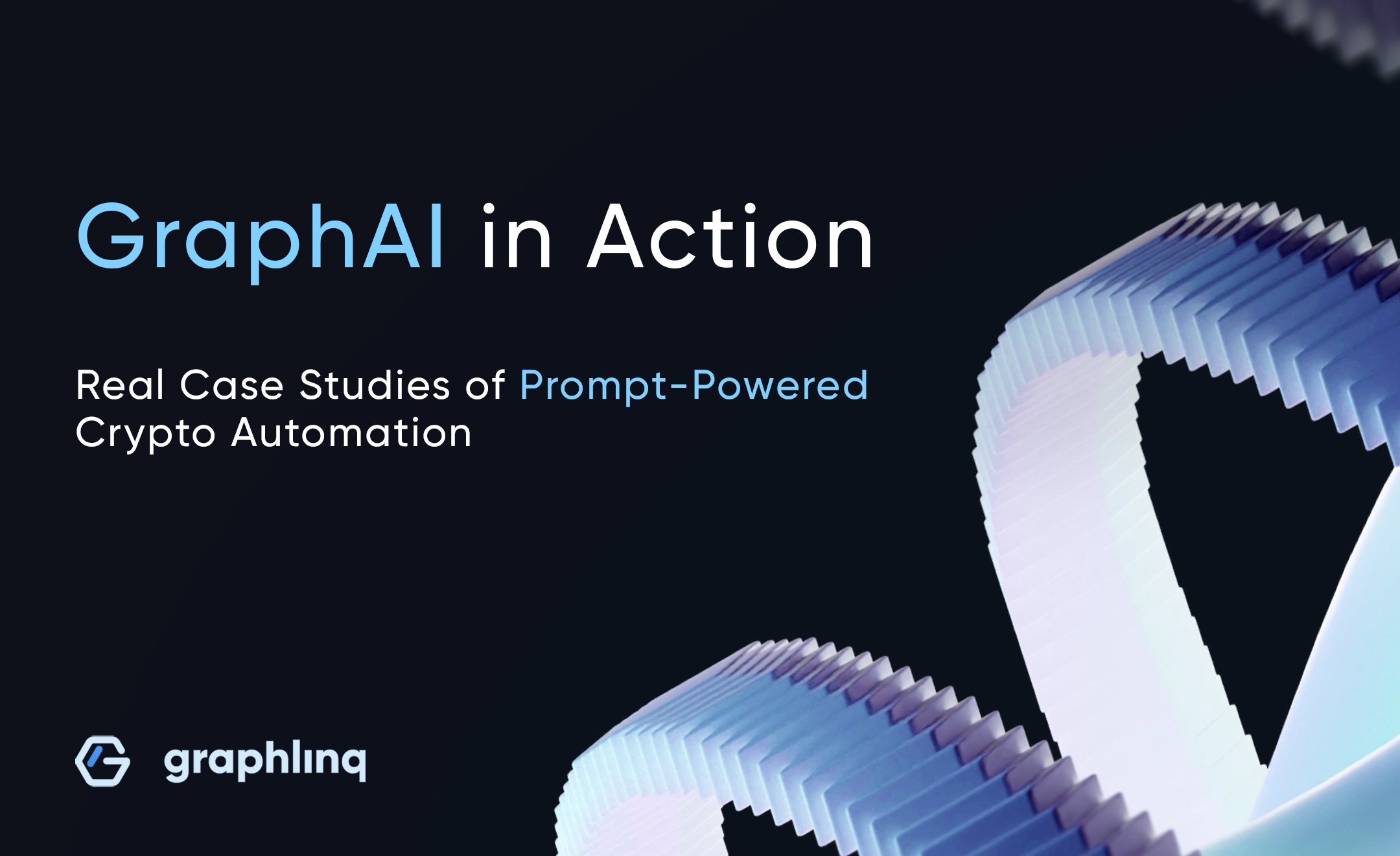
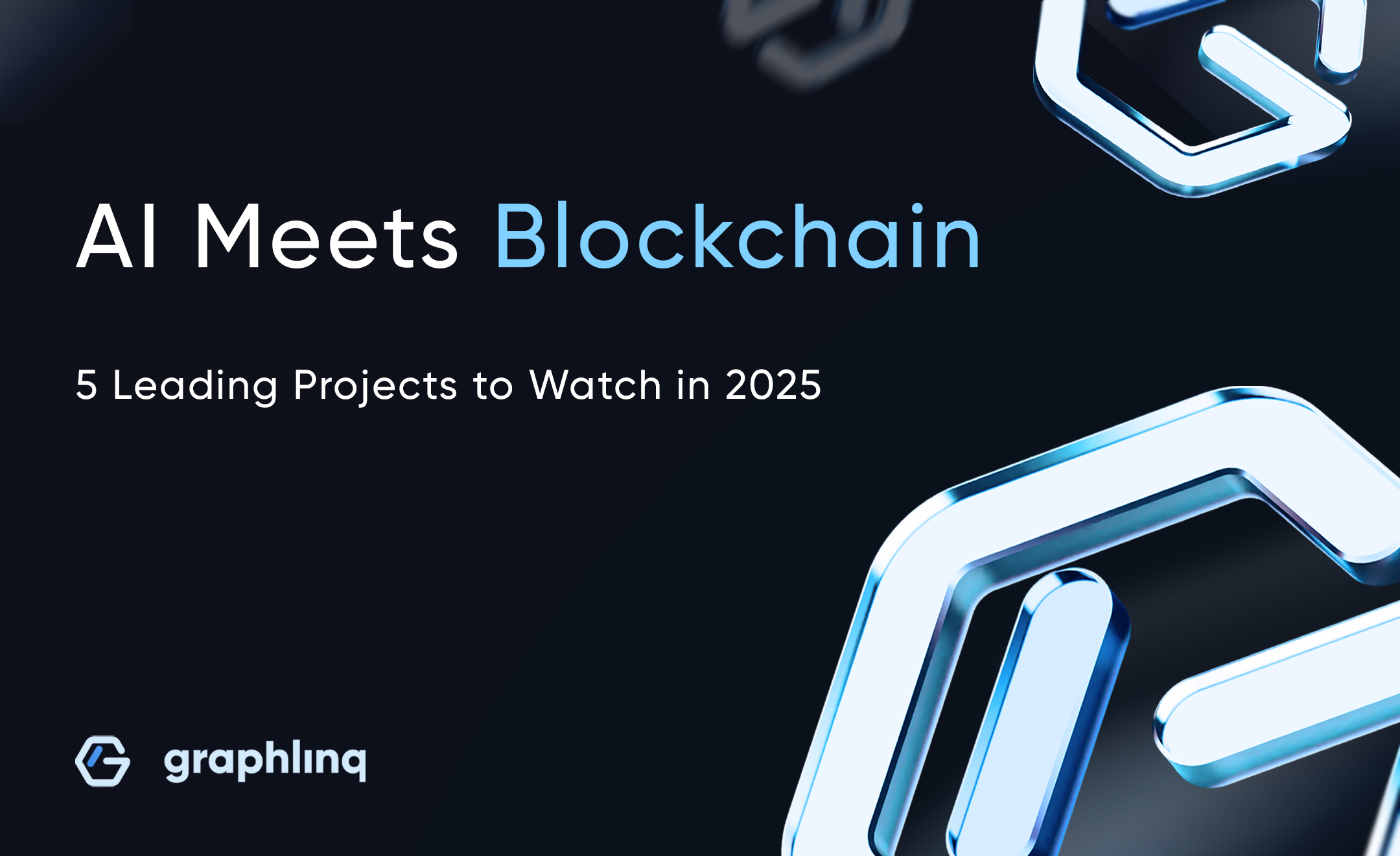





%20Do%20Bitcoin%20Cycles%20Still%20Work_.jpg)
%20What%E2%80%99s%20Next%20for%20Bitcoin%20in%202025_.jpg)



%20What%20Is%20a%20Crypto%20Swap.jpg)





























.jpg)
%20How%20to%20Find%20New%20Cryptocurrencies%20%20Worth%20Investing%20In.jpg)
%20Understanding%20Cryptocurrency.jpg)

.jpg)

A%20Comprehensive%20Guide%20to%20Altcoin%20Season.jpg)
%20cases%20and%20Future%20of%20Ai%20in%20Crypto.jpg)
%20How%20to%20Create%20Your%20Own%20MetaMask%20Wallet.jpg)
%20How%20to%20use%20your%20Crypto%20wallet%20safely.jpg)
What%20is%20a%20smart%20contract.jpg)
%20How%20to%20Protect%20Against%20Crypto%20Scams%20and%20Ponzi%20Schemes.jpg)









